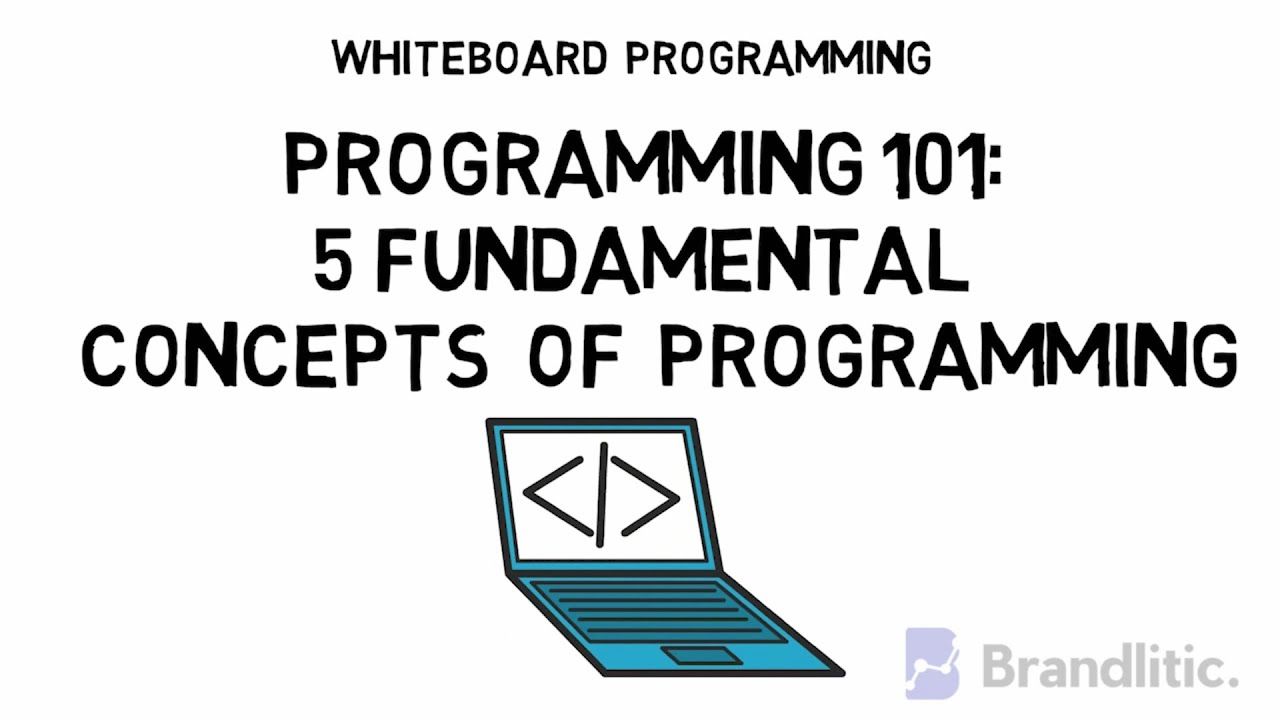Are you interested in learning how to code but don’t know where to start? Coding is the backbone of technology and understanding its fundamentals can open up a world of opportunities for you. In this beginner’s guide, we will cover the basics of coding and help you get started on your coding journey.
What is Coding?
Coding, also known as programming, is the process of creating instructions for computers to follow. These instructions are written in programming languages, such as Python, Java, or C++, and are used to create software, websites, and mobile applications. Think of coding as a way to communicate with computers and tell them what to do.
Why Learn to Code?
Learning to code has many benefits, even if you don’t plan on becoming a professional programmer. Coding teaches logical thinking, problem-solving skills, and creativity. It also opens up career opportunities in the tech industry, where demand for coding skills is high. Whether you want to build your own website, create a mobile app, or simply understand how technology works, learning to code is a valuable skill to have.
Getting Started with Coding
Before you start coding, it’s important to choose a programming language to learn. Some popular languages for beginners include:
Python: Known for its simplicity and readability, Python is a great language for beginners.
JavaScript: Widely used for web development, JavaScript is essential for creating interactive websites.
Java: A versatile language used in mobile app development, game development, and more.
Once you have chosen a language, you can start learning the basics of coding. Many online resources offer tutorials and courses for beginners, such as Codecademy, freeCodeCamp, and Udemy. These platforms provide step-by-step lessons and hands-on projects to help you practice your coding skills.
Key Concepts in Coding
As you begin your coding journey, you will encounter several key concepts that are essential to understand. These include:
Variables: Used to store data, such as numbers or text, in a program.
Functions: Blocks of code that perform a specific task and can be reused throughout a program.
Conditionals: Statements that control the flow of a program based on certain conditions.
Loops: Structures that repeat a block of code until a certain condition is met.
By mastering these concepts, you will be able to write code that is more efficient, readable, and functional.
Practicing Your Coding Skills
Like any skill, coding requires practice to improve. As you learn new concepts, be sure to apply them in coding exercises and projects. Coding challenges, such as those found on websites like LeetCode and HackerRank, can test your skills and help you think critically about problem-solving. Building your own projects, such as a simple website or game, can also be a rewarding way to practice your coding skills.
Conclusion
Learning to code may seem daunting at first, but with dedication and practice, you can master the fundamentals of coding and open up a world of possibilities in the tech industry. Remember to choose a programming language that interests you, seek out online resources for learning, and practice regularly to improve your coding skills. Whether you want to build your own software or pursue a career in tech, coding is a valuable skill that can help you achieve your goals.
So what are you waiting for? Start your coding journey today and unlock the power of technology!
